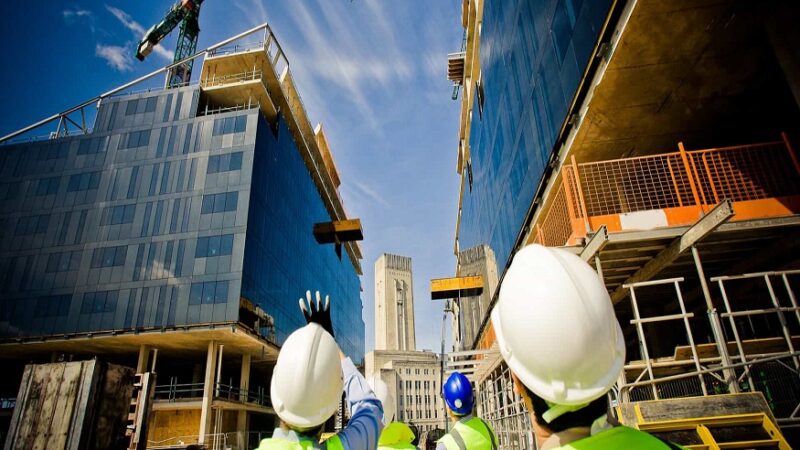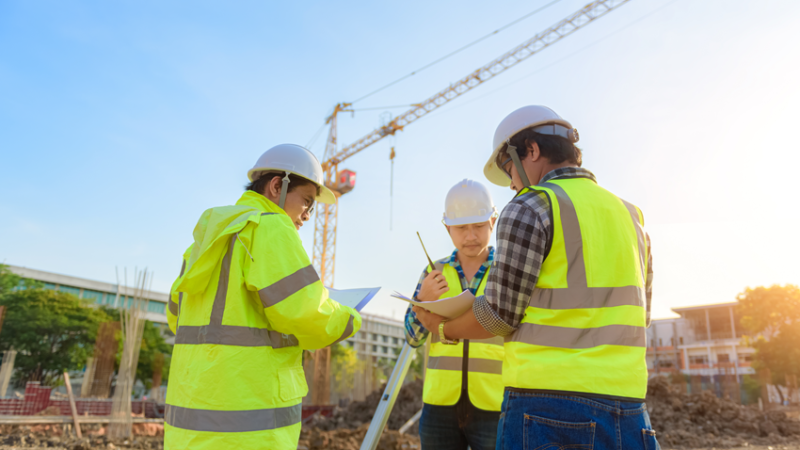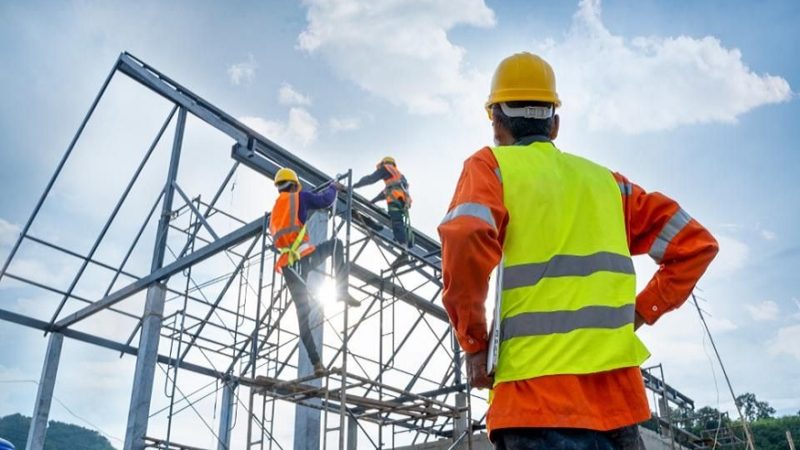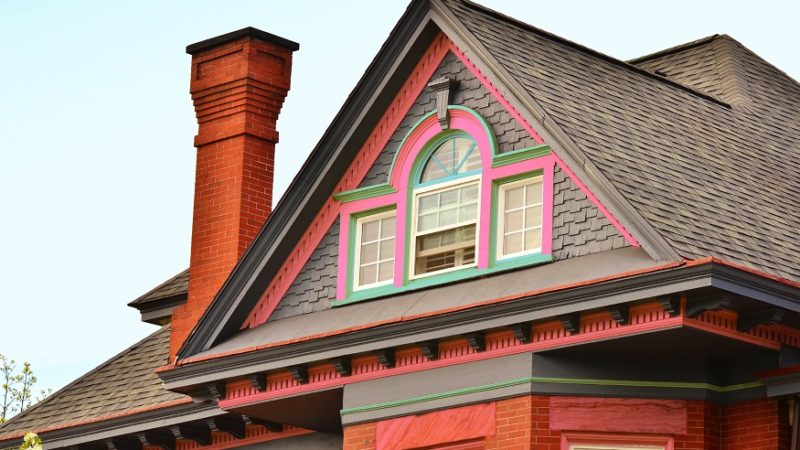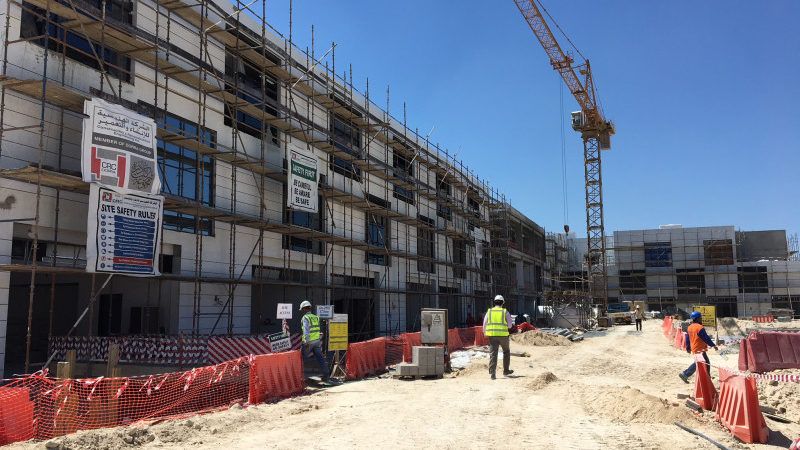PoojaVastu: Tips, Directions, and Significance

PoojaVastu, or the science of engineering and configuration, has been an indispensable piece of Indian culture for quite a long time. It is the craft of designing and developing a sacred space that is helpful for positive energy and vibrations and is viewed as a significant part of profound life. In PoojaVastu, explicit standards and rules are kept to establish a harmonious and adjusted climate that advances internal harmony, success, and development.
PoojaVastu Tips
Here are some PoojaVastu tips:
- ThePooja room should be situated in the upper east or east heading of the house as this course is viewed as promising for putting the symbols or photos of gods.
- The entry to the Pooja room should have two entryways open within the room, as it is accepted to keep negative energies out.
- The symbols or photos of gods ought not to be put in an orderly fashion or such that they face each other as causing conflict is accepted.
- The symbols or photos of gods should be put on a perfect and raised stage, ideally made of marble or wood.
- The Pooja room should be ventilated with sufficient regular light, as improving positive energies is accepted.
- The Pooja room should be within a flight of stairs, as it is unfavourable.
- The Pooja room ought not to be situated in that frame of mind, as it is accepted to influence the rest of the examples of the tenants.
Main Direction of PoojaVastu
The fundamental heading of PoojaVastu is the upper east or east course of the house. This heading is considered the most promising for setting the symbols or photos of divinities in the Pooja room or sanctuary. The purpose of this is that the upper east course is related to the component of water, which is accepted to be a wellspring of positive energy. Moreover, the upper east course is viewed as the sun’s heading, which is related to the divinity of riches and thriving.
Pooja room or sanctuary situated toward a path other than the upper east or east heading is considered unfavourable and may adversely affect the general energy of the house. Consequently, observing the rules of PoojaVastu while designing and developing a Pooja room or sanctuary in the house is fundamental to guarantee that it is situated in the most promising bearing and advances positive energy and development.
What is the Main Significance of PoojaVastu?
The principal meaning of PoojaVastu lies in making a harmonious and positive environment that advances profound development and upgrades the general prosperity of the house’s tenants. PoojaVastu is a bunch of rules given the standards of VastuShastra that are kept while designing and developing a Pooja room or sanctuary in the house.
PoojaVastu is that it helps in channelizing the progression of positive energy in the house. A Pooja room or sanctuary situated in the upper east or east heading of the house is accepted to draw in certain energies that assist in making a serene and harmonious vibe. It is accepted that performing Pooja in such a space improves development and carries the best of luck and success into the existence of the tenants.
Conclusion
The plan and design of a Pooja room or sanctuary in your new house or working environment are most significant. A very much-planned Pooja room or sanctuary can upgrade the progression of positive energy and bring the best of luck and thriving into our lives. Furthermore, the direction and position of the Pooja room or sanctuary, as well as the materials and tones utilised in its development, can affect the general atmosphere and energy of the space. The meaning of PoojaVastu and give tips and rules for designing and building a Pooja room or sanctuary that is helpful for positive energy and development.

